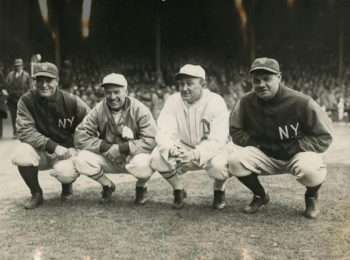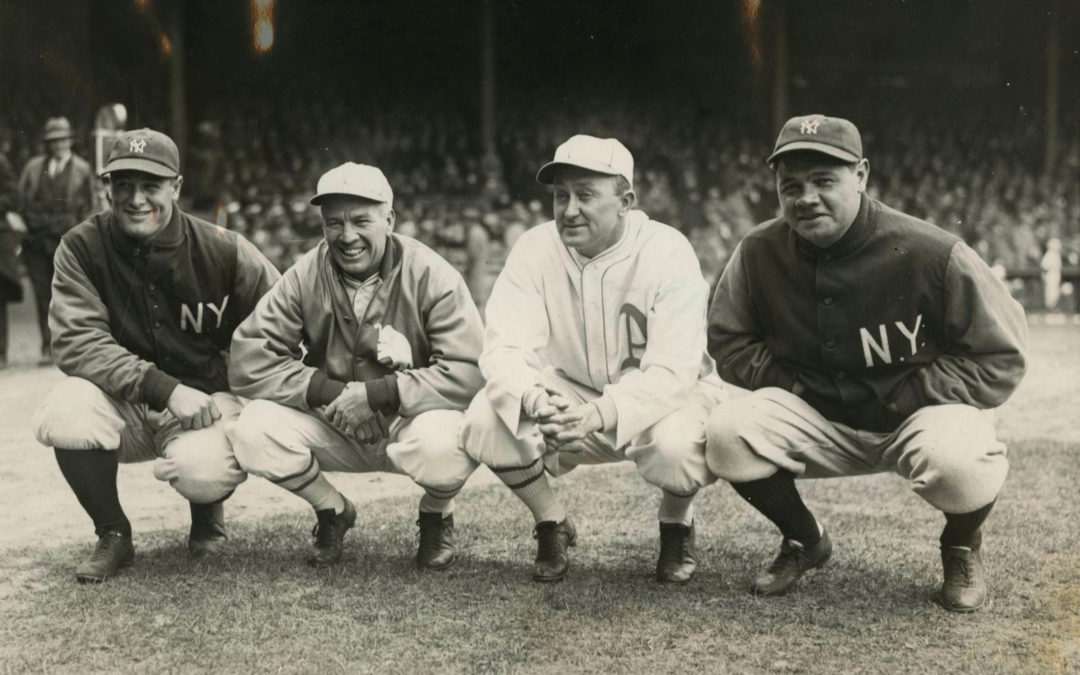 What does baseball have to do with it?
What does baseball have to do with it?
Baseball is considered “America’s national pastime.” It was called “America’s Pastime” because during the late 19th and early 20th century it was probably the most widely played sport in the country. Before television, baseball was what we did after school, weekends and during the summer. It was literally how America passed the time. It was certainly how I spent my youth and where I learned valuable life lessons.
I was a student of baseball. I loved the game for its reliance on strategic decisions, appropriate player placement, and knowledge of the opposing team’s talents. I spent as much time in the library reading about baseball as I did on the practice field. My knowledge of the game exceeded my skills on the field. While I knew the game, this did not transfer to my ability to play the game. As such, I spent more time in the dugout than in the outfield.
My little league years were spent with coach Gribble, a great coach, and even better person. Coach Gribble was a father-figure to many of us. He prized effort, discipline, and optimism. To coach Gribble, we never lost a game, we just ran out of batters.
Coach Gribble and I were good friends. I looked up to him and was by his side during most games. We would talk strategy. He knew I was a student of the game. He also knew I was not a good player. To coach Gribble my strategic view of the game from the dugout was valuable, but I had a lot to learn on how to actually play the game.
One day Coach Gribble took me aside and offered the following advice, “If you want to be a successful baseball player, and person, I will give you three pieces of advice.” I listened with admiration as Coach Gribble deserved my full attention. “First,” he said, “To get better at the game, you must be in the game.” He continued, “To be successful on the field you have to leave the security of your knowledge of the game and apply it to the game. “Knowledge of the game is important, but more importantly, so are your decisions and talents on the field,” he went on to say.
Second, Coach Gribble repeated one of his favorite quotes, “Progress always involves risk; you can’t steal second base and keep your foot on first.” “In baseball, as in life,” he continued, “Playing big never comes with a safety net.” He noted, “You may feel secure on first base, but opportunity is ahead and success depends on your ability to cross home plate.”
Coach Gribble knew I coveted the position of center field. He heard me talk numerous times about what an important defensive position this was in baseball. Coach knew my favorite center fielder was Tris Speaker. Tris Speaker was inducted into the Baseball Hall of Fame in 1939 and ranked third all-time among position players behind Babe Ruth and Ty Cobb.
At the time of his induction a teammate said of Speaker, “He was a swell person to play next to. He always covered more ground than was allotted to him.” Coach Gribble advised, “If you want to be a successful baseball player, and person, you must be willing to do more than what is required.” “Anyone can do the required,” he went on to say,” “but the really great players go the extra mile, they do more than what is required and are always a welcome member of any team.”
These suggestions helped me become a better baseball player and person. As the AESD Network continues to adapt and evolve, I would offer Coach Gribble’s advice that we take every opportunity “get in the game,” “take managed risks,” and “do more than what is required.”
Just as baseball is “America’s favorite pastime,” we should make building a highly effective AESD Network as our “favorite pastime.” Our partners are counting on us.



